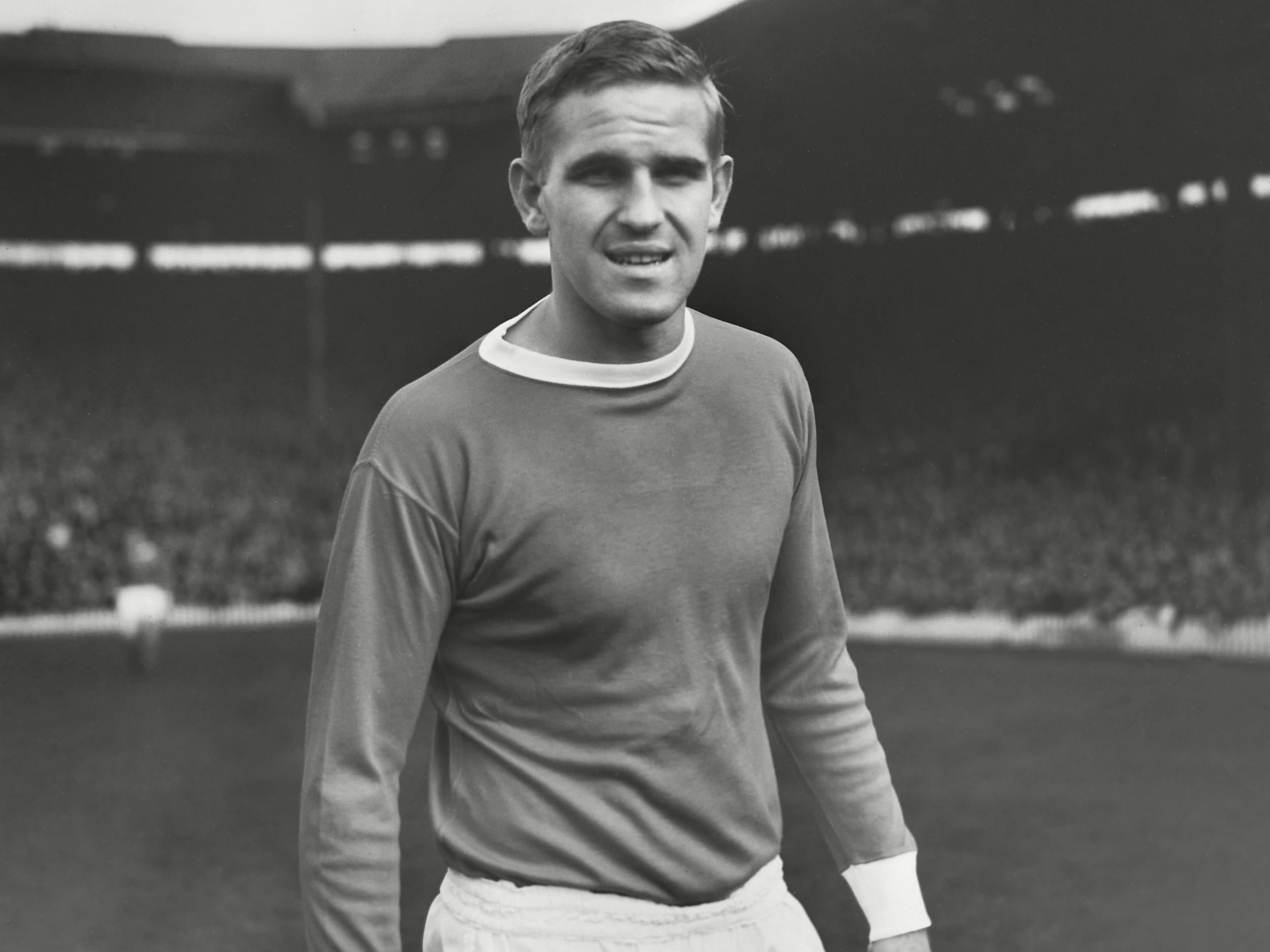Grahame Moore: Forward who despite his goals was unable to live up to his tag of ‘The Golden Boy of Welsh Football’
After leaving school Moore laboured alongside his father and brother at a Rhymney Valley colliery, then joined the Bluebirds in 1957

Your support helps us to tell the story
From reproductive rights to climate change to Big Tech, The Independent is on the ground when the story is developing. Whether it's investigating the financials of Elon Musk's pro-Trump PAC or producing our latest documentary, 'The A Word', which shines a light on the American women fighting for reproductive rights, we know how important it is to parse out the facts from the messaging.
At such a critical moment in US history, we need reporters on the ground. Your donation allows us to keep sending journalists to speak to both sides of the story.
The Independent is trusted by Americans across the entire political spectrum. And unlike many other quality news outlets, we choose not to lock Americans out of our reporting and analysis with paywalls. We believe quality journalism should be available to everyone, paid for by those who can afford it.
Your support makes all the difference.“The Golden Boy of Welsh Football” was always going to be a difficult tag to live up to and Graham Moore, despite collecting 21 international caps during a worthy six-club career, didn’t quite manage it. A tall, powerfully built attacker, he was compared initially by pundits to his renowned countryman, the majestic John Charles, but that was an idiotic notion which merely encouraged unrealistic expectations.
In the event, he sparkled as his first club, Cardiff City, rose to the top division, then lost impetus with Chelsea and Manchester United before giving admirable but unremarkable assistance to Northampton Town, Charlton Athletic and Doncaster Rovers.
After leaving school Moore laboured alongside his father and brother at a Rhymney Valley colliery, then joined the Bluebirds in 1957, turning professional a year later. He made a dazzling start, nodding a late equaliser on his debut at home to Brighton in September 1958, then excelled as Cardiff rose from the second tier, finishing second to Aston Villa in 1959-60
That season he scored 13 goals, including the promotion-clincher in a euphoric 1-0 victory over Villa. His full international entrance, as an 18-year-old against England at Ninian Park that October, proved equally productive, Moore’s header shortly before the final whistle securing a 1-1 draw.
Though he was never to score another for his country, and his career was interrupted by a broken leg in 1960-61, he regained impetus, tallying more than 30 goals in a century of senior appearances before joining Chelsea for a club-record £35,000 in December 1961.
At season’s end both clubs were relegated, but Moore helped the Pensioners regain their premier status in 1962-63 as runners-up to Stoke City, a prelude to another £35,000 switch, this time to Manchester United, in November 1963. He was only 22, and with United manager Matt Busby still rebuilding after the Munich air disaster, it seemed an ideal move.
The blond Welshman was deceptively skilful for a big fellow, adept at protecting the ball and laying it off perceptively, and these attributes outweighed a certain ponderousness of movement in a marvellous debut as a Red Devil in a 4-1 home win over Tottenham Hotspur.
But thereafter he suffered injuries, failing to force his way into a team containing the likes of Denis Law and David Herd, and was sold to Northampton for £15,000 in December 1965, midway through the Cobblers’ sole season in the First Division. He could do nothing to prevent two successive relegations, then went on to serve Third Division Charlton (1967–71) and Doncaster (1971–74) in the League’s basement. Later he became a pub landlord, then a sub-postmaster.
IVAN PONTING
Graham Moore, footballer: born Hengoed, Glamorgan 7 March 1941; died 9 February 2016
Join our commenting forum
Join thought-provoking conversations, follow other Independent readers and see their replies
Comments